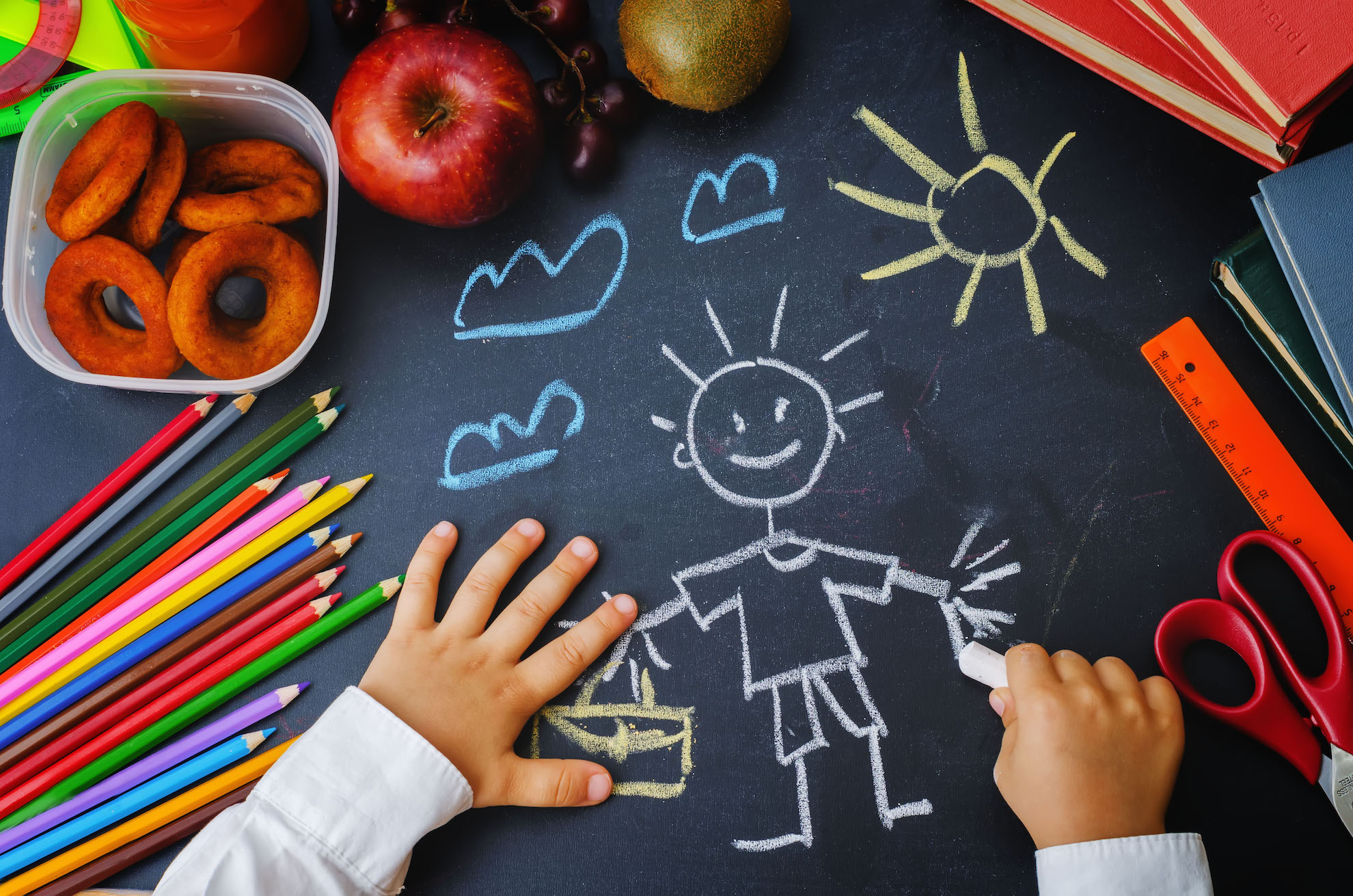
Raising a child is one of life's most rewarding and challenging experiences. There is a common saying among parents and educators: “There is no single guide or formula on how to raise/train a child and how to be a parent/teacher. This is a learning experience. Every child and every parent is special”. Yes, it is true. Every child is a unique individual who carries the genetic codes of their parents. Every parent and their child have unique journeys. Likewise, children have unique interactions with all family members, educators or caregivers whose paths they cross from birth. But just because there isn't a single formula for parenting or raising children doesn't mean there aren't valuable resources in the field. Today's scientific world provides us with such striking and illuminating evidence about child development from pregnancy onwards that it is impossible to ignore all this evidence.
Today we know that…
Research accelerated by neuroscience professionals in recent years is helping us understand the importance of the brain and its previously unknown functions. In these studies, attention is drawn to the stages of brain development in early childhood, and it is emphasized how the right education/care support at this stage will affect cognitive development.
The basic architecture of the brain is formed by a process that begins early in life and continues into adulthood. Plasticity, or the brain's ability to reorganize/adapt, is greatest in the first years of life and declines with age. the first three years of children's lives; It is critical for their physical, intellectual and emotional development. At birth, a baby's brain has a hundred billion neurons, and most of these neurons are not interconnected. These neurons are between 0-3 years old; They begin to quickly connect with each other with sound, sight, touch, taste and smell stimuli. Children develop 80 percent of their adult brains within the first 1,000 days of their lives. Over the next two years, the brain grows to 90 percent of its adult size; It is almost completely formed by the 5th birthday of a child. Children aged 0-6 develop basic cognitive functions and emotional intelligence that will continue to nurture them throughout their lives. These years lay the foundation for cognitive abilities in adolescence and adulthood.
Research supported by UNICEF shows that our genetic codes have an impact on our brain development, but it is the experiences that shape the brain. One of the most important experiences in shaping the architecture of the developing brain is the interaction between children and important adults in their lives. Young children interact with adults through facial expressions and gestures in their first year, and adults respond in the same way. The efficiency of this interaction is closely related to the healthy development of the brain. Emotional and physical health, social skills and cognitive-linguistic capacities that emerge at an early age; They are important prerequisites for children's success in later life—at school, at work, and in society.
In the early childhood years, the child needs an environment that offers safe and unconditional love so that the brain can develop in a healthy way and reach its full capacity. During this period, parents and other people who provide care/educational support should provide the child with proper nutrition and support the mental/physical development of the child with the right stimuli. A well-planned early childhood education (ECE) and solid foundations laid at an early age can ensure that the health/well-being of the individual continues throughout life and is passed on to future generations.
Traumas or negative experiences in early childhood have a direct impact on long-term health outcomes, according to Stephen Zwolak, founder and CEO of the LUME Institute, an early education and research initiative. Therefore, any investment in early childhood development should be viewed as an investment in both the childhood years and a healthy and successful adulthood.
Ebeveynlerimizden Biri Olun
Some description text for this item
We look forward to joining us and sharing your views and contributing to our processes. We are waiting for you to fill in the application form to include your nice comments. Let’s get to know each other : )

Happy Mother
Don’t you think that as a father we should invest in his primary education? We look forward to posting your nice comments. Come on, fill out the form today. Let’s meet : )

Smilling Father

